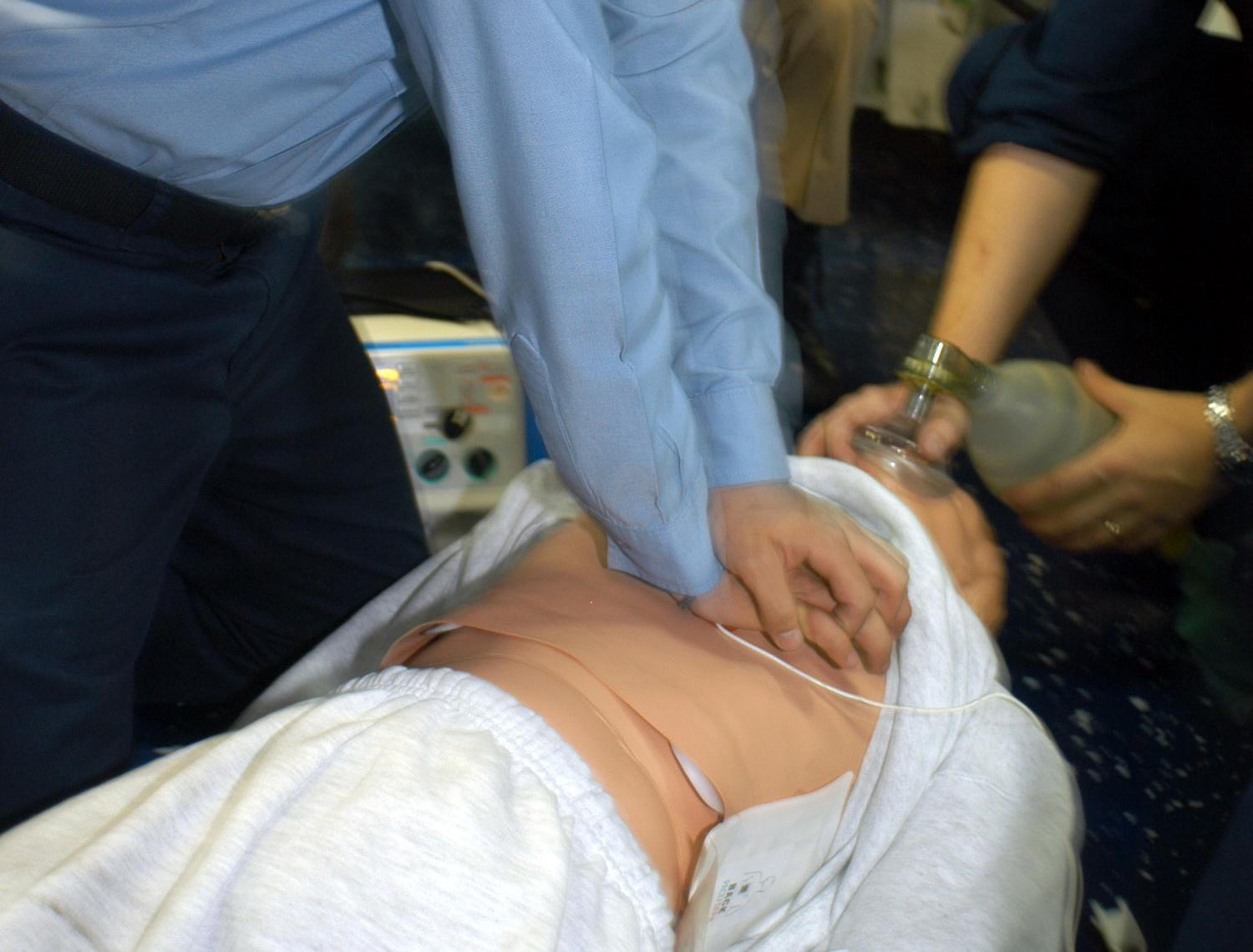According to the Sudden Cardiac Arrest Foundation, sudden cardiac arrest - literally, your heart stopping - is a leading cause of death in adults over 40 around the world. In the USA alone, 326,000 people suffer from out-of-hospital cardiac arrest every year, and around 90% of them do not survive. Last year, this included the actress Carrie Fisher, but sadly nothing seems to have changed in the average person's consciousness in regards to cardiac event prevention. The conventional medical world still points the finger at vague, often uncontrollable risk factors like family history, previous heart problems or high LDL cholesterol.
 |
| Studying how to treat cardiac arrest, although prevention is vastly superior. |
The authors wrote that this was not the first time that NSAID use, especially the selective COX-2 inhibitors, have been linked to adverse cardiac events (there are two versions of the inflammatory cyclo-oxygenase enzymes, COX-1 and COX-2). One meta-analysis they described, by Bhala et al., reported double the risk of major coronary events with the use of ibuprofen, a 70% higher risk of major coronary events with diclofenac and a 65% higher risk of vascular deaths with diclofenac use. When Trelle et al. compared ibuprofen use with placebo, they found a 30% higher risk of heart attack, cardiovascular death and death from any cause. With diclofenac, they found a higher risk of cardiovascular death with a rate ratio of four. However, these analysed high-dose use of ibuprofen, at 2,400mg a day, but this may be more common than we think. Other research had found harmful effects of rofecoxib, which was withdrawn from the market in Denmark in 2006.
All of this means that it's now time to look at more natural ways of controlling pain. Depending on the cause of pain, a qualified naturopath, acupuncturist, chiropractor or osteopath can help to uncover the root causes of pain and put together a treatment plan so you can truly heal, not just mask the symptoms.
No comments:
Post a Comment